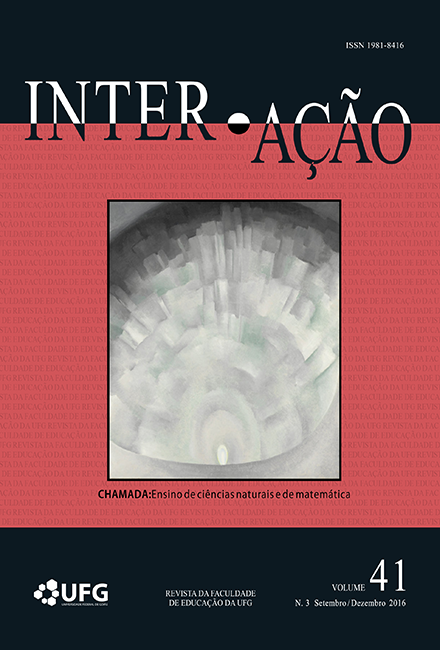EL PENSAMIENTO NARRATIVO EN LA ENSEÑANZA DE LAS CIENCIAS
DOI:
https://doi.org/10.5216/ia.v41i3.41940Keywords:
narrativas, pensamiento narrativo, contextualización, formación del profesorado de cienciasAbstract
Son aún escasas las investigaciones sobre las aportaciones del formato narrativo al aprendizaje de las ciencias; en este artículo reconocemos la necesidad de que se instale este tema en la agenda de trabajo de la didáctica de las ciencias. Retomamos algunas cuestiones planteadas en publicaciones anteriores y esbozamos líneas de indagación que consideramos promisorias para apuntalar los diversos usos de la narrativa en la educación científica. Examinamos algunas características de las narrativas identificadas desde la lingüística y la ciencia cognitiva y presentamos algunos constructos teóricos para entender el pensamiento narrativo y valorar su relevancia para la ciencia escolar. Sugerimos que utilizar la narrativa en las aulas de ciencias puede complementar el llamado “modo paradigmático” de pensamiento científico, que allí es dominante.
Downloads
Downloads
Published
How to Cite
Issue
Section
License
Inter-Ação uses the Creative Commons Attribution 4.0 License for Open Access Journals (Open Archives Initiative - OAI) as the basis for the transfer of rights. Open access means making documents available on the Internet free of charge, so that users can read, download, copy, distribute, print, search, or link to the full text of documents, process them for indexing, use them as input data for software programs, or use them for any other lawful purpose, without financial, legal, or technical barriers.
Authors publishing in this journal agree to the following conditions:
1) Authors retain copyright and grant the journal the right of first publication, with the work simultaneously licensed under the Creative Commons Attribution License, which permits redistribution of the work with attribution and first publication in this journal.
2) Authors are permitted to enter into additional, separate agreements for non-exclusive distribution of the version of the work published in this journal (e.g., for publication in an institutional repository or as a book chapter), with attribution and first publication in this journal.
3) Authors are permitted and encouraged to publish and distribute their work online (e.g. in institutional repositories or on their home page) at any time before or during the editorial process, as this may generate productive changes as well as increase the impact and citation of the published work.















